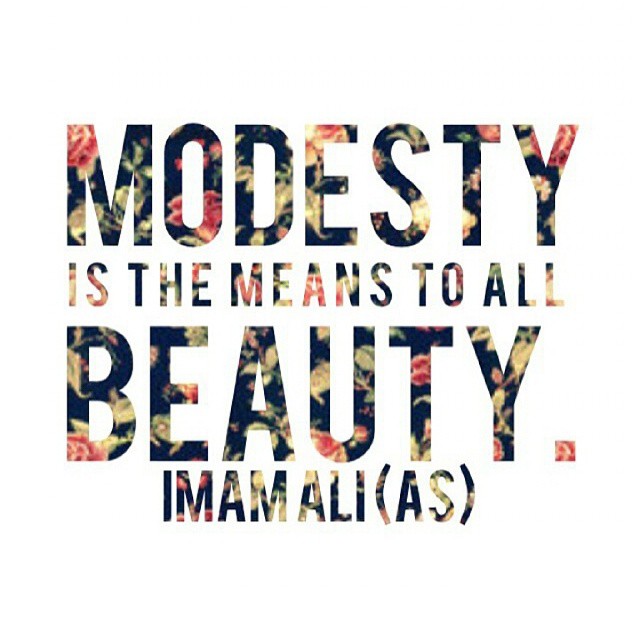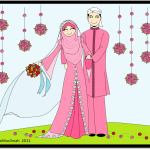Views Of Holy Prophet On Hijab
Contrary to misconceptions that are conveyed for a number of years now, the veil of women in Islam commonly called “hijab” or “Khimar” in legal terminology, is by no means the symbol of a political demand or ideological nor a mark of submission and any inferiority to men
The need to wear the hijab was explicitly mentioned by the Prophet Muhammad (SAWW) in the famous tradition related by Abu Dawud: Aisha (RA) says that once, his sister, Asma (RA) came to the Prophet Muhammad (SAWW) with transparent clothing. He turned away from her and said, “O Asma, when the girl becomes sexually mature, it is not appropriate to see another part of it that they (and he pointed to his face and hands). This shows that hijab is a divine prescription and it is necessary for women to cover their hair in presence of foreigners as well as other parts of body except the face and hands. The holy book of Allah leaves no room for ambiguity. It is God Himself who directs, through His Messenger (SAWW) that women do not display their attire, in the presence of foreign men in any circumstance.
There is no doubt about the fact that if a woman does not wear hijab or respect other religious duties that are expected from her, it would causes no harm to Allah, not in any way that could affect the Majesty. Indeed, by its conduct, it is the woman herself who will be affected by her own deeds. She would ne answerable to Allah Almighty for her actions on the day of judgement. On top of that, what we must never forget is that for Muslims there is no distinction between faith and daily life. Iman and Amal are related to each other.
A person with a strong faith has to apply those beliefs in his daily life affairs. Indeed, Islam is characterized by the fact that it represents a real lifestyle. Practicing Islam is not limited to the observation of ritual practices only, such as prayer, fasting, almsgiving. In fact, all aspects of a person’s existence either his conduct with others or his behavior within the company are concerned with the fundamental principles of religion, holy book of Allah and Sunnah of Hazrat Muhammad SAWW. If wearing hijab is an active role in the protection of modesty, the fact remains that it is, above all divine and absolute regulation, the application of the part of believer must be unconditional. In other words, one could say that there are two different things:
- The first is the command from Allah to cover the hair, which are part of the ‘awrah “of women.
- The second is the need for it to always act to protect her modesty.





